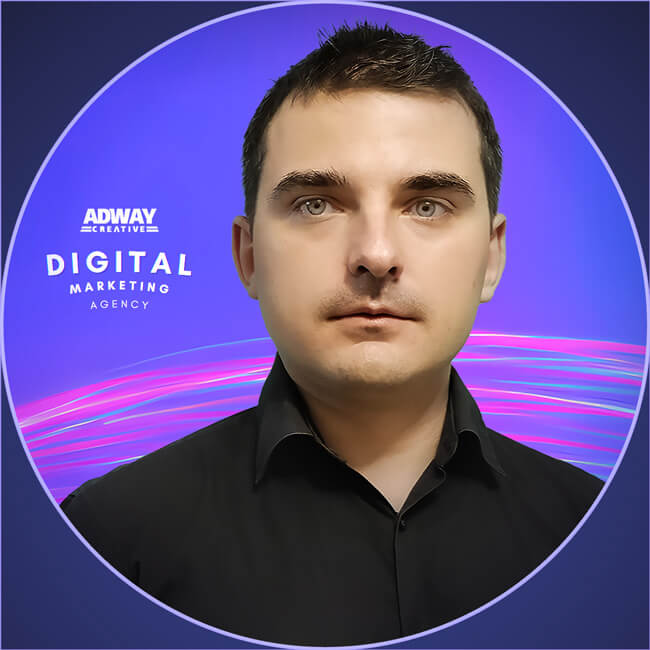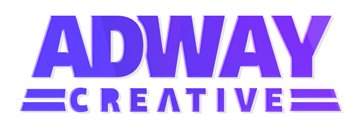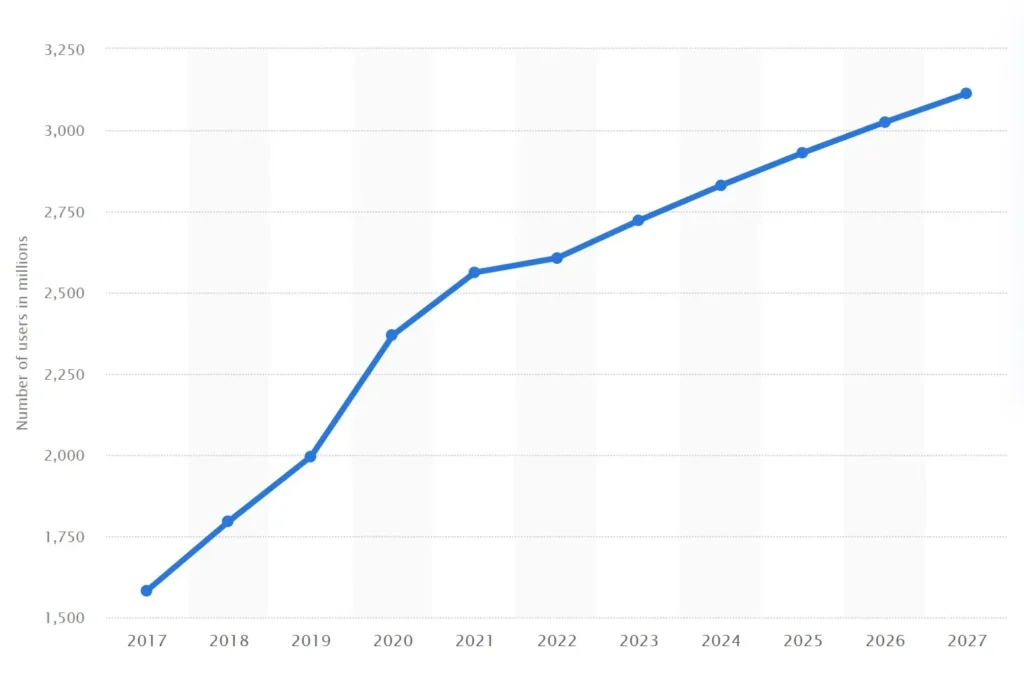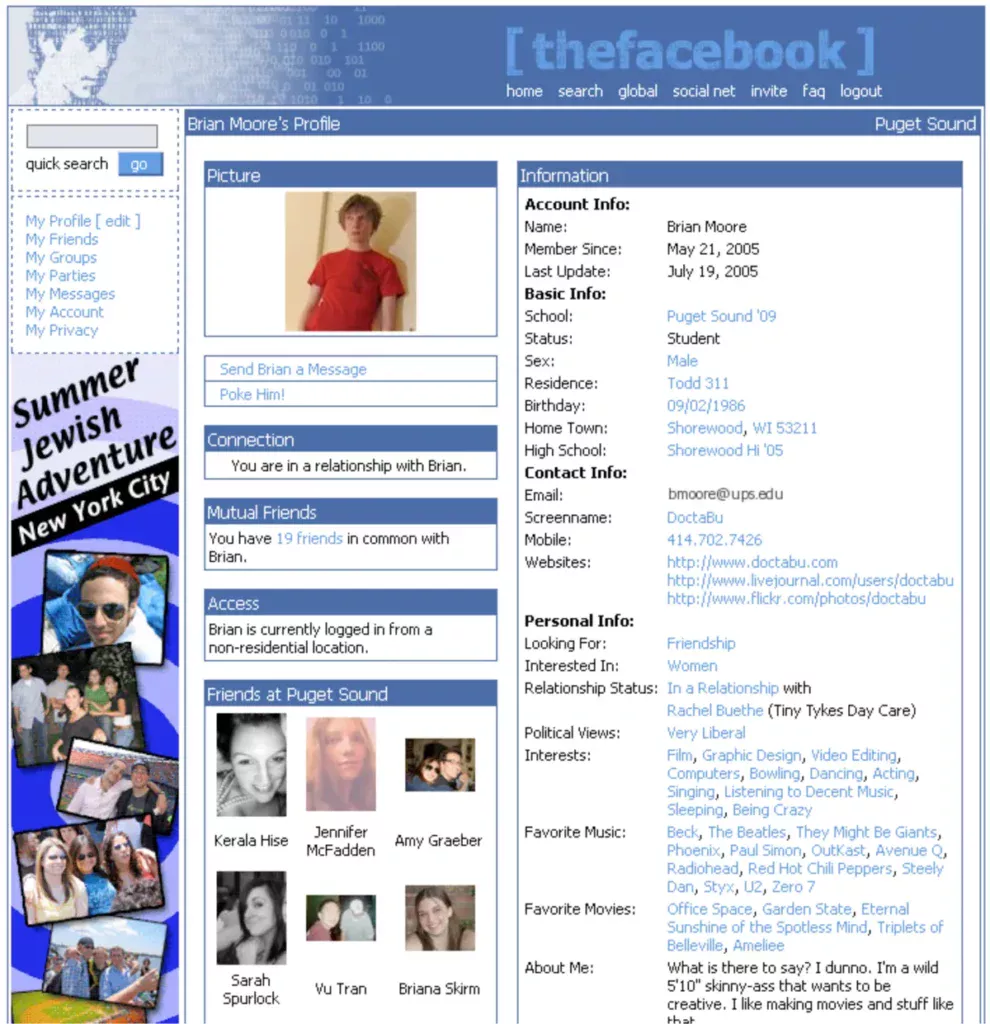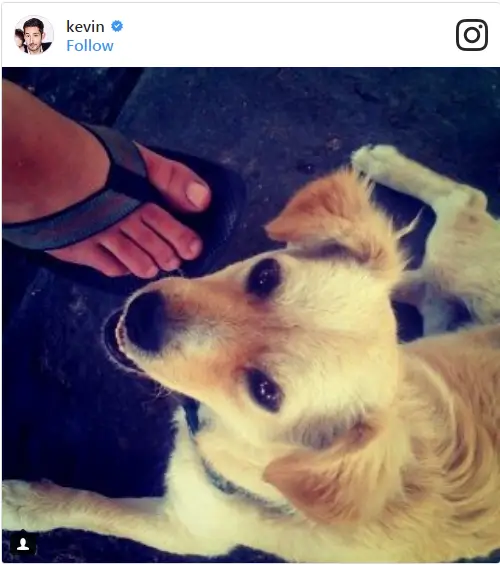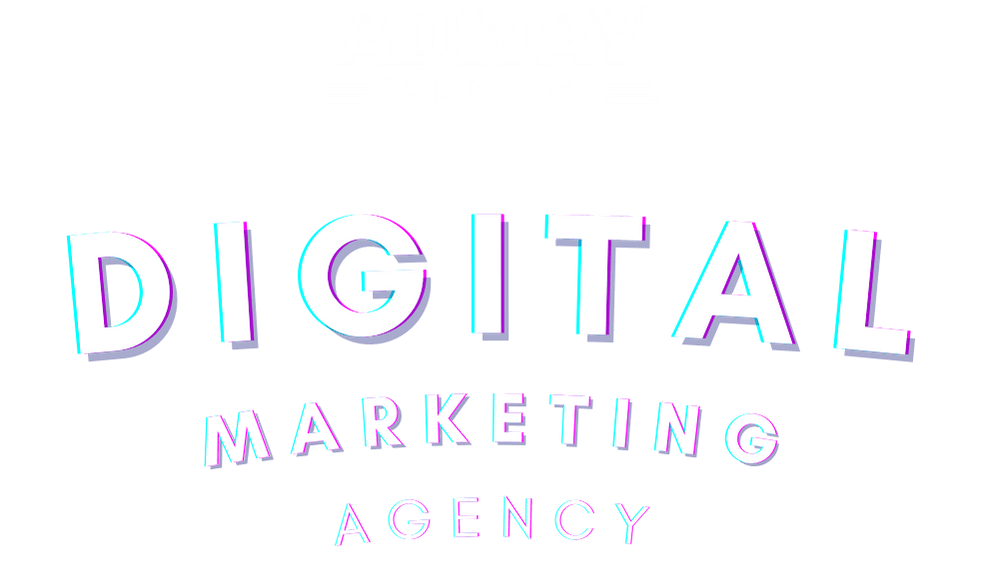
Generative Engine Optimization (GEO): How to Position Your Business in the Era of AI
Unlock Your Competitive Edge
Table of Contents

Generative Engine Optimization (GEO) is the process of optimizing your online presence so that AI engines like ChatGPT, Google AI Overviews, and Perplexity cite and recommend your business.
Unlike traditional SEO, which aims for ranking in a list of links, GEO focuses on making your brand the direct answer to users’ questions.
For European businesses, this is a critical step to remain visible in the AI era, where users receive synthesized information instead of searching multiple sites themselves.
What is Generative Engine Optimization (GEO) and Why Does It Matter?
Imagine a potential customer no longer searches Google for “best restaurant in Sofia” but instead asks their AI assistant, “Recommend a cozy Italian restaurant in central Sofia with great reviews.”
The AI will synthesize information from dozens of sources and provide one specific answer.
The goal of Generative Engine Optimization (GEO) is for your restaurant to be that answer.
How is GEO Different from Traditional SEO?
While these methods share a foundation, GEO and SEO have different objectives and metrics. Good SEO is fundamental for successful GEO, but the focus shifts from ranking to citation.
| Aspect | Traditional SEO | GEO (Generative Engine Optimization) |
|---|---|---|
| Main Goal | Ranking websites in top positions on SERPs | Your brand is cited and recommended in AI-generated answers |
| Key Metrics | Organic traffic, keyword rankings, CTR | Citation frequency, AI response visibility, brand mentions |
| Content Focus | Keyword and user intent optimization | Creating factual, structured, authoritative content |
| End Result | User clicks a link to visit your site | User gets the answer directly, brand cited as a source |
Why is GEO Critical for European Businesses in 2025?
User behavior is changing drastically. A study by Eurostat showed that over 40% of large EU enterprises used AI technologies, and user interest is growing exponentially.
This means more people will rely on AI for fast, synthesized answers. If your business is not optimized to be part of those answers, you risk becoming invisible to much of your audience.
Which Generative Engines Should You Optimize For?
The AI search landscape evolves constantly, but as of 2025, the key players to consider are:
- Google AI Overviews (formerly SGE)
- ChatGPT (OpenAI)
- Perplexity AI
- Gemini (Google)
- Copilot (Microsoft)
How Does GEO Work in Practice? Real Case Studies
Case Study 1: How We Made ChatGPT Recommend Park&Fly Sofia
Challenge: Park&Fly Sofia, a leading airport parking provider, wanted to be recommended by AI as the best choice for “airport parking at Sofia Airport with free shuttle.” Before our intervention, AI models gave generic answers without highlighting this brand’s advantages.
Our GEO Process:
- Factual Optimization: We restructured key pages for clear, unambiguous presentation: 24/7 operating hours, free shuttle to both terminals, covered parking, round-the-clock surveillance.
- Data Structuring (Schema Markup): We implemented FAQPage and Service schema to “translate” crucial service information for AI understanding.
- Authority Building: We boosted the brand’s authority through citations and mentions in relevant travel blogs and forums that AI models use for verification. In one project, AI was showing outdated shuttle information from a forum; we resolved this by contacting administrators to update their data.
Result: After several months, when users query for reliable Sofia Airport parking with shuttle, AI models now directly recommend Park&Fly, citing the precise strengths we optimized.
Case Study 2: Positioning “Rosela” AD as the Go-To Bulgarian Cucumber Supplier
Challenge: Rosela AD, a cucumber producer with 30+ years of history, was almost invisible to AI-driven B2B queries. The goal was to establish them as an authoritative wholesale source.
Our GEO Process:
- Strengthening E-E-A-T Signals: We created a detailed “About Us” page that clearly states their experience since 1992 and their unique use of geothermal water.
- Product Page Optimization: Pages were enriched with specific info about cucumber varieties, quality standards, and clear bulk order instructions.
- Authority Link Building: Mentions from top agro-portals and business directories signaled AI models about sector legitimacy and authority.
Result: Today, for queries like “Bulgarian wholesale cucumber producers,” AI models frequently cite Rosela AD, often mentioning their innovative geothermal approach.
Core Strategies for Successful GEO Optimization in Europe
How to Build Thematic Authority That AI Trusts
- Create Pillar Content: Develop comprehensive guides on the core themes of your niche.
- Demonstrate Expertise: Share real-life case studies, personal stories, and measurable results—these are strong E-E-A-T signals (Experience, Expertise, Authoritativeness, Trustworthiness).
- Cite Authorities: Reference academic research on GEO or official Google documentation about generative search. As industry pioneer Ross Simmonds says, “In the AI era, your goal isn’t to appear in a list—it’s to be the answer itself.”
How to Structure Content for AI Consumption
- Use clear heading hierarchies like H1, H2, and H3.
- Favor short paragraphs and lists—information should be easily digestible, using numbered or bulleted points, tables, and concise sections.
- Implement Schema Markup via Schema.org for products, services, FAQs, and organization info.
Why Are Brand Mentions and External Links the New “Votes of Trust”?
AI models treat brand mentions from other authoritative sites as trusted colleague recommendations. The more respected sources talk about you, the likelier AI is to trust your expertise.
If you notice AI citing incorrect info about your business from a third-party site, proactively reach out for correction—this is essential for online reputation management.
What is the Future of Search and How Do You Prepare Your Business?
Traditional link lists are becoming conversational dialogs. Preparing for this transformation starts today.
Will GEO Replace SEO?
No—GEO and SEO are complementary. Strong SEO provides the technical and content foundation, but GEO ensures your brand gets cited by AI. SEO gets you into the AI library; GEO gets your book read and quoted.
How to Start With GEO Today?
- Content Audit: Ensure your business’s vital information is clearly and factually presented.
- Optimize Google Business Profile: One of the first local reference points AI checks—make sure your hours, address, and services are accurate.
- Start With Structured Data: Implement Organization and LocalBusiness schema at a minimum on your site.
Conclusion
Generative Engine Optimization (GEO) isn’t just the latest marketing trend. It’s a fundamental shift in how users find information and how businesses connect with them.
The key steps for success include building thematic authority, maintaining factual, well-structured content, and actively managing your online reputation.
For any European business that wants to stay competitive in the digital age, adapting to GEO is not merely recommended—it’s essential.
Ready to make your brand the go-to answer for your customers’ questions? Reach out to the AdwayCreative.bg team today to discuss how we can future-proof your business for AI search! You can reach us at talk@adwaycreative.com or through our LinkedIn page.
FAQ - frequently asked questions and answers

What is the main difference between AI optimization and SEO?
The primary difference is their goals: traditional SEO aims to rank your site high in search results to attract clicks, while AI optimization (GEO) seeks for your brand, product, or service to be directly mentioned and recommended in the AI’s synthesized answer.
How long does it take to see results from GEO?
GEO is a long-term strategy, similar to SEO. Building authority and trust in the eyes of AI algorithms takes time. The first results typically appear in 3-6 months, but lasting success requires ongoing work.
Is GEO expensive for small European businesses?
The investment required varies. Core activities, like improving content and structured data, can be implemented even on modest budgets. More complex authority-building campaigns require greater resources, but the returns from becoming the leader in your niche are significant.
Can I do AI optimization myself, or do I need an agency?
You can start with basics like updating information and clarifying your site content. However, technical elements like Schema Markup, thematic clustering, and external signal strategy are much more effective with an experienced agency such as AdwayCreative.bg.
